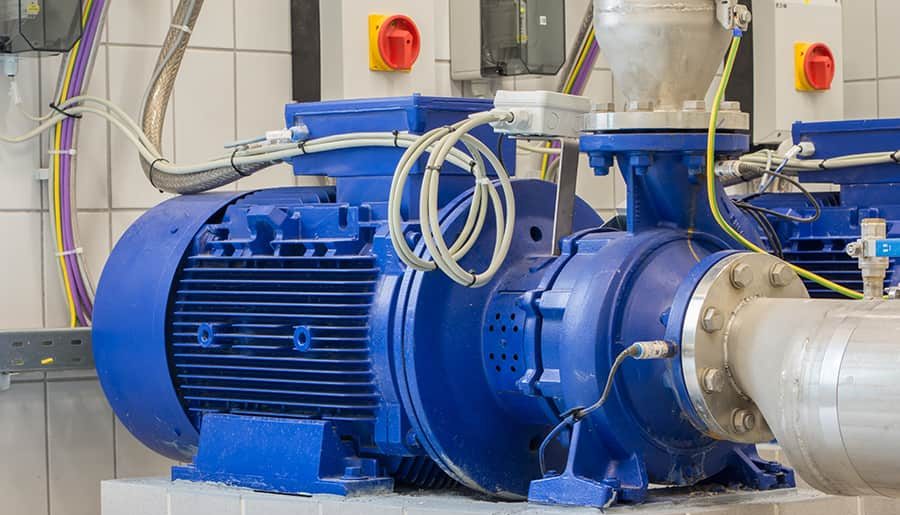Choosing the right pump for your needs is a decision that may have an impact on your everyday life, whether as an industrial operator, a farmer, or a homeowner. Pumps, such as centrifugal pumping systems at stores, like Pumpbiz, are very versatile tools that you can use for different purposes, including serving as an emergency backup system, facilitating industrial procedures, supporting agricultural irrigation, and providing safe/clean water for drinking.
Understanding and Knowing Your Needs
Before you dive into transfer pumps’ specifics, it will be important to be familiar with your needs as well as the environment in which specific pumping systems will be running. Here are the basics to put into consideration when determining your needs:
- Application – As mentioned, pumps are versatile tools, and because of that, you can use them for different purposes, including circulation, drainage, and irrigation.
- Type of fluids – For instance, dirty water and Clearwater pumps often have dissimilar purposes.
- Outdoor or indoor use – Various pumps often come with features personalized to various environments.
- Source of power – Your choice of power source basically depends on your mobility requirements and location.
Choosing the Right Pump
To choose the right pump, you need to consider a few factors. Some of these factors include the following:
- Flow Rate
The rate of flow determines the kind of pumping pipe you require. It will also determine your controller type and pump type. The best and simplest way to do that is to consider estimating the amount of water you often use per day. For instance, a small home uses about 25 liters of water per minute, while a large home uses around 70 liters of water per minute. But this can change based on the number of people in the property.
- Maintenance Requirements
It is advisable to choose a pumping system, which is easier to maintain and get or find parts for. In addition, opt for a brand that provides strong support in the country to minimize downtime during repairs or fixes.
- Fluid Traits
The liquid’s properties you want to pump play an important role in evaluating the kind of pumping system that is ideal for your needs or application. Prioritize these fluid traits to make an informed decision:
- Temperature – Extreme temperature affects pump performance and materials. Make sure the pumping system is capable of handling a range of temperatures.
- Density – The fluid’s density affects the required power to transfer it. A denser liquid needs more power.
- Viscosity – A high-viscosity fluid requires a positive displacement pumping system, whereas a low-viscosity fluid needs a centrifugal pump.
- Warranty
You need to know the availability of a warranty when investing in a pumping system. Because pumping systems come with a motor and have complex structures, it will be important to be in touch with an expert who may help when something wrong happens.
The bottom line is that it is not easy to choose a good pumping system for your needs. However, by considering factors, like warranty, fluid traits, maintenance requirements, and flow rate, you will better understand different kinds of systems and where you should apply them; thus, enabling you to make an informed decision when choosing one.



